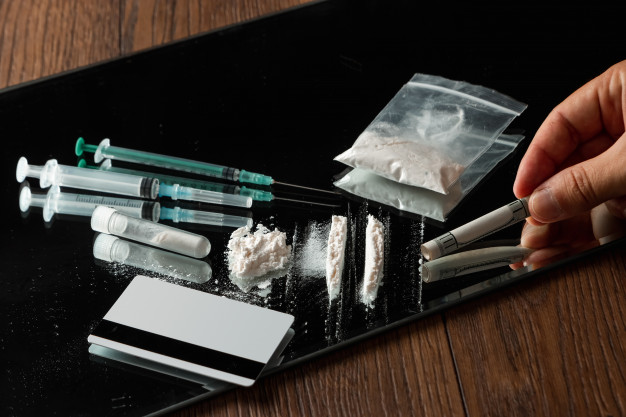Cocaine in itself is a dangerous drug if taken for a long time, it becomes more dreadful when the drug dealers mixed it with other opioids to enhance its effects. If you don’t know about such illegal mixing, the overdose of the drug may be fatal, which is becoming common nowadays.
It’s a common belief that it’s hard to combat cocaine addiction as compared to the other drug addiction that is not true in all cases. Still, the research studies are undergoing to find out the best and authentic treatment for cocaine addiction, as there are no registered medications by the FDA to treat such kind of addiction, but there are other therapies available like behavioral therapy, group counseling, etc. special treatments are still underway for the cocaine addiction due to the availability of the limited resources.
Outpatient Treatment Facility

The outpatient treatment setting is arranged for those cocaine abusers who cannot stay in the rehab center. While they are allowed to stay at home or in a community area during the period of their treatment, where they have scheduled visits to a rehab facility for treatment like individual or group therapies.
The treatment varies from person to person, so you may require to visit the center once or twice a week for around six hours in one sitting. The duration of outpatient treatment may last from weeks to even months with gradual recovery progress.
Inpatient Treatment Facility
The inpatient facilities are not equivalent to the hospital but basic addiction recovery treatments are available there. Infinite Detox Austin provides settings that offer pharmacological treatment, mental and social support, occupational support, etc. this type of recovery program mostly lasts for about six months.
For simple cocaine abusers, detoxification and other short-term treatments are enough, but for chronic cocaine addiction along with comorbidities inpatient rehab centers are preferable. This kind of individual-based one-to-one therapeutic program is helpful for you to regain the body equilibrium before going back to the hometown.
Recognized Treatment or Therapy Methodologies
1. Contingency Management
This approach is related to the management of high-risk situations and can be used in several types of treatment settings. During this therapy, individuals are rewarded for not using the drug. This is used to formulate the ability of each patient to deal with the drug cravings and the root cause behind them. This treatment is found to be a realistic and auspicious one.
2. Cognitive-behavioral Therapy
This therapy approaches change the behavior of the individual towards the use of the drug and force him/her to develop new plans to cope up with the ongoing treatment. This may be done in group settings or on an individual basis at both inpatient and outpatient recovery programs. This approach may include gaining knowledge about new methods to handle the drug cravings, suicidal thoughts, and lethal withdrawal symptoms, which may lead you towards relapse.
3. Matrix Model
This model is based on the principle of self-discipline, which involves features of many other treatment approaches, such as cognitive-behavioral therapy, contingency management, and 12-step programs, etc. This model includes emotional support, personal counseling sessions, and family education. It is seen as a proven treatment of addiction so it gets a lot of attention in society.
4. Medication-assisted Treatment (MAT)
Pharmacological therapy is used to provide you with the prescribed medications to combat drug usage. This method is still under consideration especially in the case of opioid addiction as the trials for cocaine abuse have not all been steadily efficacious and have not been extensively studied. However, if effective medications are developed for long-term use then MAT would become the most demanding and essential treatment option.
Read Also:






















